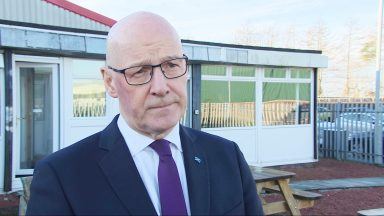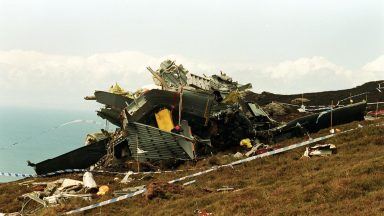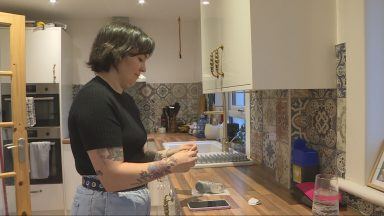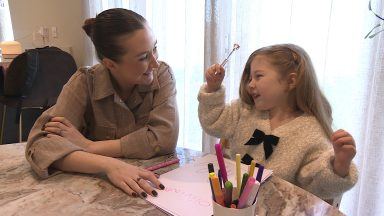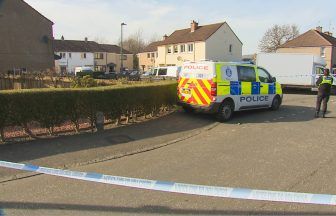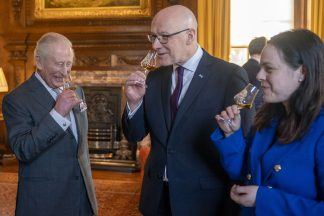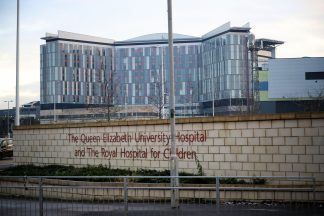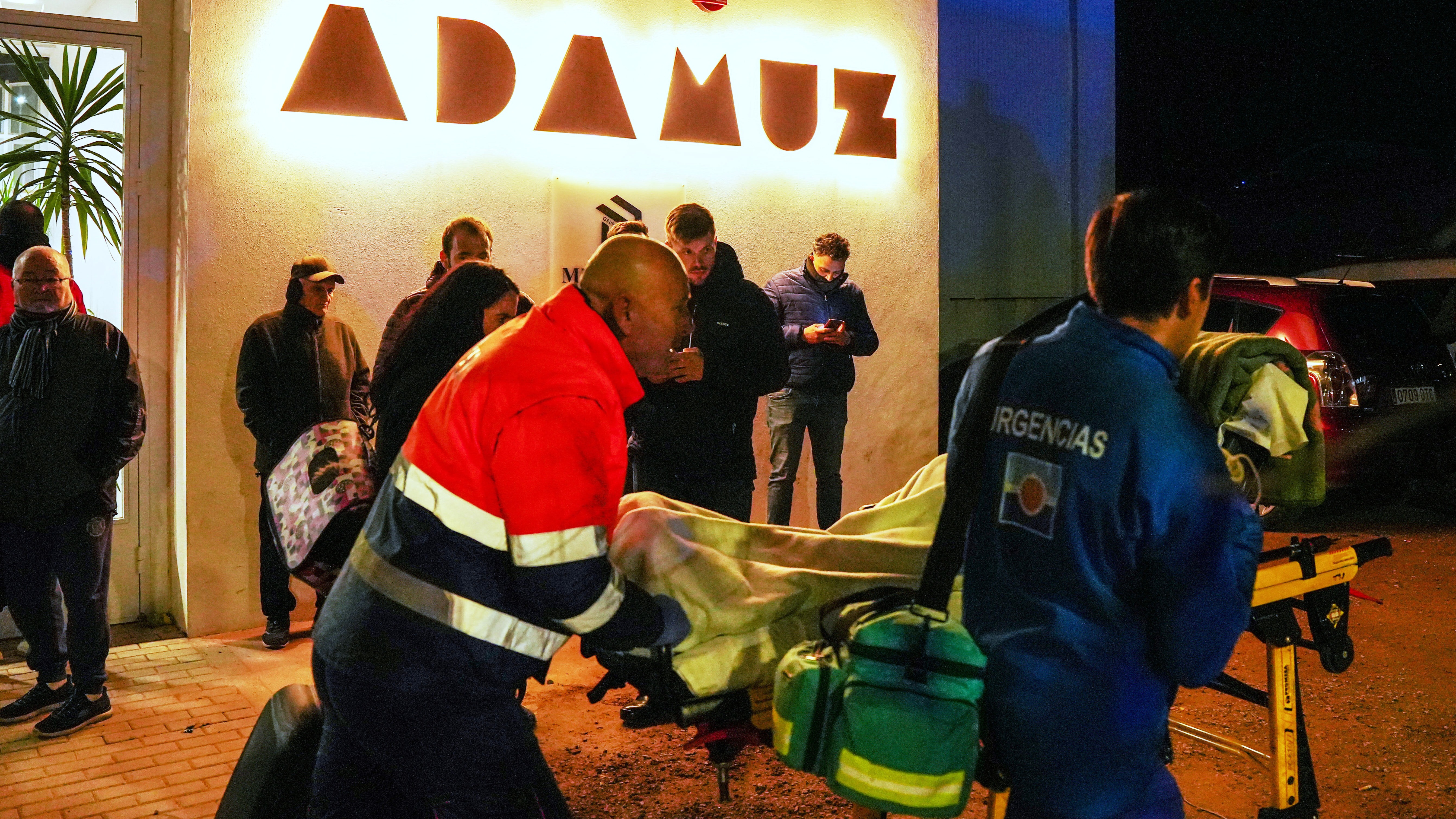Another long night of ballot-counting, another bleak morning for the Conservatives.
This time, the results are on a scale that means only the most die-hard Tories can deny the truth – their party is in deep, deep trouble.
Counting in local elections across England and Wales is still going on, but already this looks set to be the worst set of results for the Conservatives in 40 years.
The Tories are on course to lose around 500 councillors, with Labour, the Liberal Democrats and the Greens all making gains.

Last night also saw yet another catastrophic by-election result in Blackpool South, where Labour won with a massive 26% swing – the third biggest in modern political history.
The Tories have now lost eleven seats in by-elections since winning their majority in 2019, to Labour and the Liberal Democrats, often by margins that have threatened the record books.
With every result, the road to a Labour majority when the country next goes to the polls in the general election gets wider, straighter and smoother. The destination seems inevitable.
It’s worth reflecting on the turnaround – in 2021, the first by-election of this parliament took place in Hartlepool, where the Tories actually won a seat from Labour. That was also when this set of local council seats was last contested, when Boris Johnson was near the height of his popularity. It was the low point of Keir Starmer’s Labour leadership.
Last night, Labour won back Hartlepool council, banishing that ghost for good.
The most symbolic thing about last night’s results though may have been the performance of another party; Reform won 17% of the vote in Blackpool South, less than a percentage point and just over 100 votes behind the Tories. The threat from the party to the right of the Conservatives is no spectre – it’s very real.
It hasn’t all gone Labour’s way, however. There is a warning in these results for Keir Starmer, too. In Oldham in the northwest of England, Labour lost control of the council thanks to victories by a group of independents opposed to the party’s stance on the war in Gaza.
Like in many parts of the country where Muslims make up a large proportion of the population, Oldham’s Labour party had been split by Starmer’s response to the war – now it’s clear that those splits could have electoral consequences.
In areas of Scotland with large Muslim communities, including the general election battleground seats in Glasgow, Labour and the SNP will be watching that outcome closely.
The votes haven’t been counted yet, but Labour may also fall short in mayoral elections in the West Midlands and Teesside, where Conservative mayors are defending their local records.
If Andy Street and Ben Houchen – who have campaigned as local champions rather than loyal Tories – manage to hold on, it will nonetheless be claimed as a victory by Rishi Sunak, and a reason for rebellious MPs in his own party to stick with his leadership.
As ever, we don’t know how many letters of no-confidence have been sent to the 1922 Committee at Westminster. The threshold for a confidence vote is 52, and the consensus is that rebels are too weary and disorganised to pose a serious threat, even after the worst set of election results in a generation.
But that doesn’t mean Rishi Sunak has a free pass to lead his party through to a general election that increasingly looks certain to take place in October or November. A psychological threshold would be crossed if the polls continue to worsen and the Tories are overtaken by Reform. The result in Blackpool South shows that moment may not be too far away.
More long, bleak nights still lie ahead for the Prime Minister.
Follow STV News on WhatsApp
Scan the QR code on your mobile device for all the latest news from around the country




